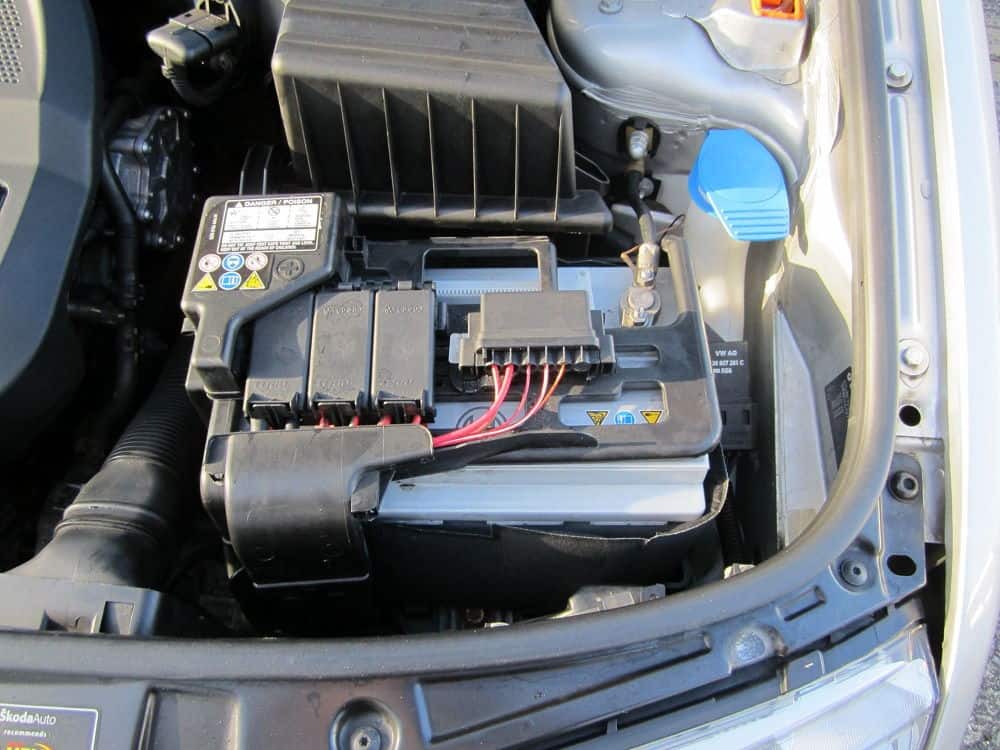When we think of a car’s components, the battery is not always at the top of our list, possibly because of its straightforward function. However, without proper care, car batteries could fail and lead to various issues, like preventing your car from starting or running out of power while driving.
The latter is dangerous because stalled cars are one of the many causes of highway collisions. When your battery dies, you risk becoming an obstruction to other motorists.
If you’re still learning the ropes of maintaining your car, give this guide below a quick read. We’ll provide some essential tips to preserve your battery’s capacity.
Helpful Car Battery Maintenance Tips
When your battery light activates in the dashboard, it indicates various issues, leading to problems like the ones mentioned above. With that, here are some practices you must do to stop any car warning light symptoms from occurring and maintain an excellent battery condition.
Limit short trips
Quick car rides are bad for your car because it doesn’t fully charge your battery. When you go on frequent short trips, your vehicle’s engine may not run long enough for the alternator to recharge the battery, causing its capacity to deplete gradually.
If short rides are unavoidable, try grouping your errands into one long trip rather than multiple runs. That way, you provide enough time for the alternator to charge the battery. Otherwise, take your car for occasional long drives to do such a process. Doing so is also helpful in removing certain contaminants in it.
Another way is to turn off accessories like radio and air conditioning during these short trips. Doing so will avoid putting strain on your battery when making a quick ride, preventing its charge from depleting faster.
If you often go on quick rides, you can invest in trickle chargers to prevent your battery from losing capacity. These low-voltage devices are designed to improve your battery health without the risk of overcharging.
Always turn the lights off
This is one of the most notorious yet completely avoidable issues that drain a car’s battery life. Without the engine running, leaving your lights on too long will quickly deplete the battery’s charge, regardless of the lamp you’re using.
Determining the exact hours before your battery drains entirely is difficult because it will depend on the component’s current condition. Some may leave their lights on for around four hours and can still start their car successfully. Other batteries won’t even make it over thirty minutes.
Generally, you can address this issue in two ways, depending on the situation. You can use a car battery charger if it hasn’t been completely discharged. If it has, then the next step is to jump-start it. Never rely on the engine to recharge the battery after draining it with the lights. Doing so will strain the alternator and charging systems, increasing load and accelerating potential failures.
As mentioned, this issue is avoidable if owners remember to turn off their car lights, especially the interior ones, since leaving the exterior lights is more noticeable. Aside from forgetting to toggle the switch, if you shut the door lightly, you leave the lamps on until it’s properly closed. That is if you have the switch on “off” the entire time instead of “door.” Always make it a habit to check before leaving the car, especially if you’re parking for a few hours.
Clean your battery occasionally
Dirt and debris damage your battery over time, especially if it gets into the component’s cell. It can also cause issues like corrosion to its metal components, leading to damages that will adversely affect your car.
Cleaning your car battery is crucial, especially at the top and around the terminals. Some owners find ammonia-based window cleaners effective in removing buildup in such areas. Others prefer a combination of baking soda and water, especially when removing the corrosion on the battery. Regardless of your cleaning solution, you must wipe the component down to prevent leaving any residue that might cause any damage.
Replace every three years
Car batteries may have a long lifespan, but their efficiency will decrease, primarily if you use your vehicle daily in average conditions. Some might say you can use your battery for up to five years with proper care. However, most batteries won’t be as reliable when used beyond that point, leading to several issues that could be dangerous on the road. That’s why, ideally, you must change your battery after three years.
Meanwhile, you can make it a habit to check your battery’s condition a year or two after purchasing your car. That way, you can identify if you must replace your battery before its third year. One of the best ways to do so is to use a car battery tester to gauge your output voltage. This tool is handy in areas with freezing weather because low temperatures significantly impact a battery’s capacity. That means you’ll likely replace them often if you reside in such places.
Maintain Your Car’s Power Source
Car batteries are silent and don’t often demand too much attention from their owners. However, giving them proper care by conducting the abovementioned practices will ensure your car is powered for every trip and prevent potential roadside mishaps.
That said, always check your batteries whether you’re a new or seasoned car owner. The good news is that many procedures involve simple steps, like taking long trips and ensuring the lights are off.

